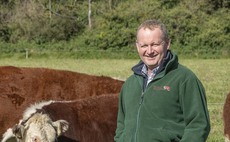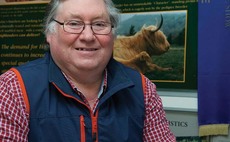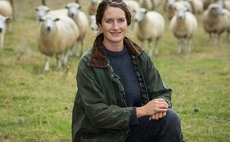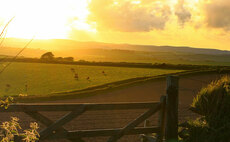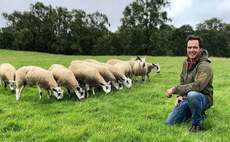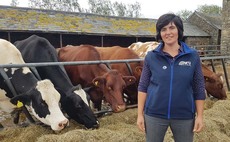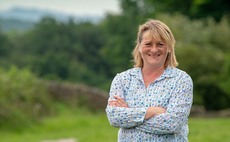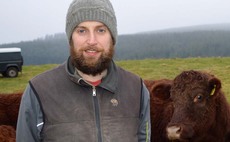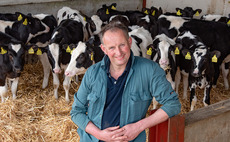Blogs
Farm Life
By the time you read this, we should all be emerging out of lockdown 2.0. Like all sequels, it was delayed in its release, had budget concerns and was not well received by the populace. Still, let’s be honest, it wasn’t as bad as Rocky V, was it?
Farm Life
In the week we learned a scotch egg constituted a ‘substantial’ meal and The Path to Sustainable Farming was published by Defra, we were catching up on a list of autumnal jobs on-farm.
Farm Life
With another month ticked off, we now find ourselves on the countdown to Christmas and following the latest amendments to the Covid-19 rules, the orders for the Christmas roasts for family meals on Christmas day and boxing day have started to come in.
Livestock
As I come to the end of a month in Iceland, I feel satisfied knowing that my time here has been valuable for me personally and for the farming community.
Farm Life
If Defra’s latest document is anything to go by, the path of agricultural transition will be beset by instances in which bureaucratic ideology butts up against the realities of farming and food production.
Farm Life
Time rolls on and it is even wetter than a month ago. We had a decent week in the middle of tupping, but it has rained pretty much all the remaining days, making ground work tricky.
Farm Life
I have decided to allocate time in this opinion piece to bovine TB specifically residual disease.
Farm Life
As I write, the misty weather seems to be echoing life. The path ahead is not clear and it is difficult to see anything on the horizon.
Farm Life
November, and we roll the dice again. The tups are back in with the ewes despite the serious question, will there be a viable market for lamb post-Brexit? I think I asked the same question last year, or maybe it was the year before? It is hard to keep track.
Farm Life
Temperatures have started to drop and grass growth is slowing fast, as we would expect at this time of year.


 16 December 2020
•
3 min read
16 December 2020
•
3 min read
